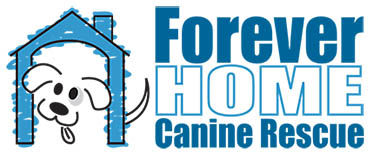Vaccination Protocol

Vaccination protocols are a common pet owner inquiry. Vaccination schedules can vary from veterinary clinic to clinic and from pet to pet. Some of the variability is based on the age of the dog or cat in addition to the prevalence of certain diseases in an area.
Puppies and kittens have immature immune systems and need vaccinations more often and often need vaccinations for viral diseases that typically do not affect older pets. A puppy or kitten is born with antibodies from the mother. These protect the young animal, depending on the state of the immune system of the mother, from many diseases. These maternal antibodies start to subside anywhere from 6 to 16 weeks of age in the young pet. These antibodies, if present, will typically neutralize certain vaccines given to the puppy and kitten. Since we do not know when this will occur, it is recommended that vaccinations start at 6 weeks and be given every 2-3 weeks until 3-4 months of age, depending on the species, disease vaccinated for, veterinary clinic and geographic area. Vaccines generally effective at getting past the maternal antibodies and stimulating the young puppy’s or kitten’s own immune system are typically used.
As the pet gets older and has had proper vaccinations (typically after the first year to 18 months of age) it is felt that certain viral diseases such as parvovirus and distemper virus have an immunity of three years or better and staggering vaccination of these diseases to every 3 years is prudent to prevent over stimulation of the immune system. Antibody titers (a blood test sent to a diagnostic laboratory) can be performed in certain situations instead of vaccination. Keep in mind not all vaccinations result in lasting immunity and need to be given yearly and are not practical to titer. It depends on the disease. Core vaccines such as parvovirus and distemper virus in dogs are recommended intermittently throughout life but non-core vaccines are typically reserved for those dogs with exposure potential.
Hopefully, this article can clarify confusion about why and when vaccinations are given. Vaccination protocols are typically tailored for an individual dog or cat based on discussions between an owner and veterinarian. Consult your veterinarian with questions about a vaccination protocol ideal for your pet.
Ashly LaRoche, DVM
Animal Hospital of Statesville

